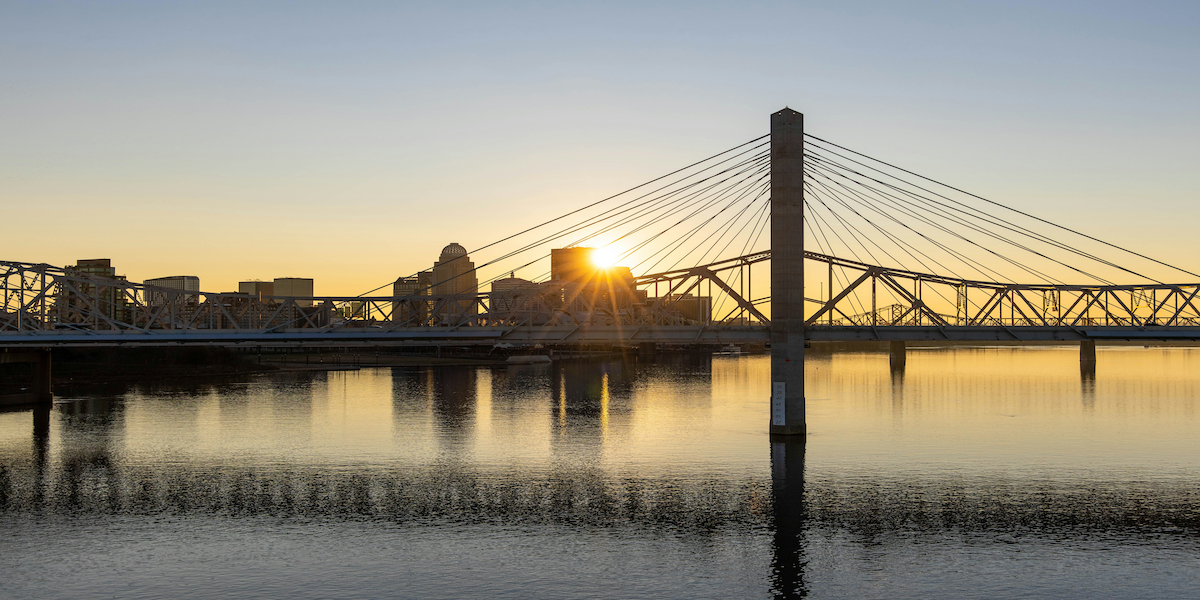Best Things To Do In Louisville During Kentucky Derby Weekend
Image commercially licensed from Unsplash
The most exciting day for horse racing enthusiasts is just around the corner, and if you are one of the lucky ones that managed to get a ticket for the Kentucky Derby, you are in for an experience of a lifetime.
It’s that time of year again when the entire world descends on Louisville, Kentucky for the most exciting two minutes in sports: the Kentucky Derby. So, if you want to enjoy the betting enthusiasm you can simply use TwinSpires horse racing sign up bonus before you attend the race and you can skip the betting lines in the venue.
But the good times don’t stop there. There’s plenty for everyone to enjoy over Derby weekend in a city steeped in rich history, amazing food, and distinctive sights.
So, without further ado, here are some of the finest things to do in Louisville over Derby weekend.
What to Do in Kentucky during the Derby?
Visit the Kentucky Derby Museum
There isn’t a better place in the world to learn more about horse racing history than the Kentucky Derby Museum at Churchill Downs. After all, this is the oldest continuously held sporting event that managed to survive tough times and still be popular today after 150 years.
This museum is a treasure mine of horse racing history. This is a must-see location for any racing aficionado, from the interesting exhibitions to the opportunity to see live thoroughbred training.
Experience the Taste of Louisville
If this is your first time attending the Kentucky Derby, prepare your taste buds since you’ll be tasting some incredible food.
So, once you arrive there, try to avoid some of the standard food and opt to try something local.
Louisville is famous for its mouth-watering cuisine, and Derby weekend is the perfect time to indulge in some of the city’s culinary delights. From the legendary Hot Brown sandwich at The Brown Hotel to the mouthwatering barbecue at Feast BBQ, you’ll find something to satisfy your taste buds at every turn.
Take a Tour of Bourbon Country
Even if you are not a fan of alcohol it is still great to see some of the state’s oldest distilleries that have turned into a tradition.
You can learn more about how is Bourbon made, and try some high-quality and aged color drinks that will make your taste buds scream.
Catch the Kentucky Derby Carnival
Most people do the same mistake of arriving at the Kentucky Derby on the exact date, but the show has already started a few days ago.
The Kentucky Derby Carnival is a festive celebration leading up to the famous horse race. It’s a time when Louisville comes alive with parties, concerts, and other events that capture the excitement of the Derby. From the colorful Pegasus Parade to the concerts at Waterfront Park, the Carnival offers a wide range of activities that appeal to visitors and locals alike.
Food, drinks, and live music are in abundance, creating a lively atmosphere throughout the city. The Kentucky Derby Carnival is a great way to immerse yourself in the spirit of the Derby and experience the unique culture of Louisville.
So, make sure to book your flight a few days before the race if you want to experience the real magic of Kentucky.
Go on a Walking Tour of Old Louisville
The Kentucky Derby isn’t the only thing that is full of history, that’s why we recommend taking a walking tour of Old Louisville.
This is a stunning neighborhood full of Victorian-era mansions, tree-lined streets, and charming stores and cafes. It is a great way to experience some historic architecture and get in the spirit of the Derby.
Attend the Unbridled Eve Gala
If you are more of a party freak and want to get a chance to meet some celebrities, or at least get close to them, then consider attending the Unbridled Eve Gala.
This is a black-tie celebration of the entire horse racing industry and all the excitement that comes from this sport. You’ll experience some live entertainment from popular stars, gourmet cuisine, and of course many celebrities.






